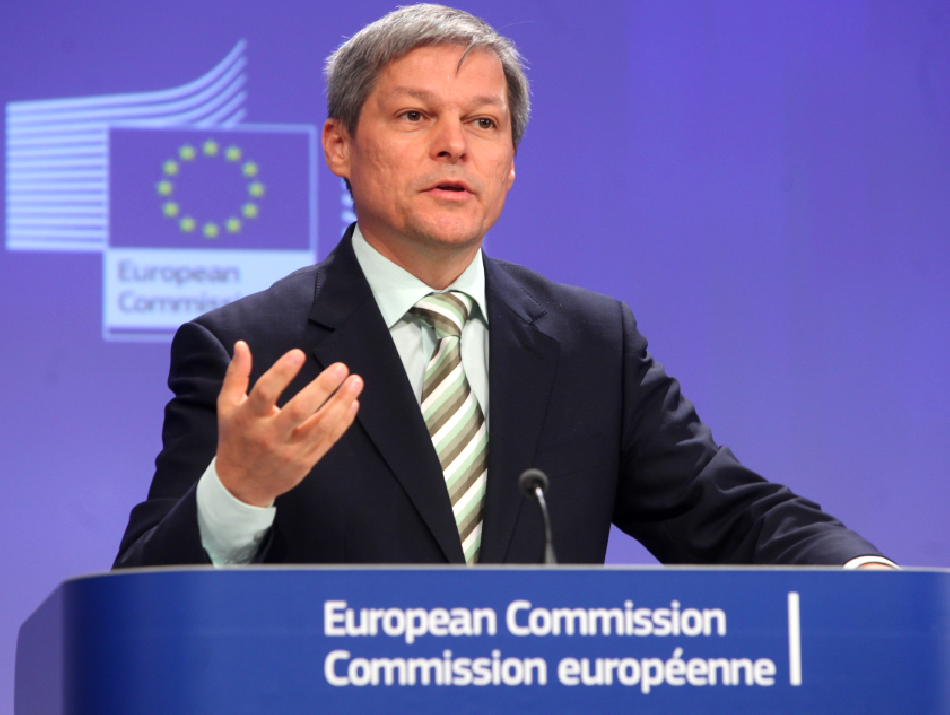European Policies
The European Parliament passed the EU budget for the 2014-2020 fiscal period, as well as the Common Agricultural Policy. European officials described the new framework budget as being investment smart, while the CAP emphasizes environmental protection, a

Leyla Cheamil, 21.11.2013, 13:59
After several postponements last summer caused by complaints from Euro MPs, the European Parliament on Wednesday passed the EU budget for 2014-2020. It is smaller than the previous multi-annual framework budget, with a ceiling of 960 billion Euros in commitments and 908 billion in payments.
This translates into a 3.5% drop compared to the previous 7-year budget. It also emphasizes smart investment, according to officials. Just like in the previous years, the major portion is for agriculture and cohesion policy, as much as two thirds of it, to be more precise. The areas that got slashed were innovation, research and infrastructure. Romanian Euro MP Victor Bostinariu said that the Cohesion Fund, for which he was a supervisor, was transformed substantially. It will make available 66 billion Euros to countries with a GDP that is less than 90% of the EU average.
Romania has available 7.25 billion Euros, starting in 2014. Cohesion funds now have a wider area of application, in order to include support for energy efficiency and use of renewable energy in homes, as is now the case for infrastructure and public institutions. Among the priorities for investment are support for urban heating with higher efficiency, as well as incentives for homes to generate part of the energy they consume. Wednesday was a busy day in the European Parliament, which also passed a reform in the Common Agricultural Policy.
This strategy, valid until 2020, emphasizes environmental protection, a more equitable distribution of European funds, and more money for small farmers. As soon as the new regulations come into effect, people who draw their income mostly from agriculture will get more funding. Farmers younger than 41 and farms between 25 and 90 hectares will get 25% more in direct payments.
Large-scale farms, however, which receive over 150,000 Euros, will have 5% less for the sums exceeding this amount. At the same time, according to the Agriculture Commissioner for Agriculture Dacian Ciolos, the new CAP will bring better protection for water, soil and biodiversity, helping long-term development in agriculture, ultimately bolstering food security.






























